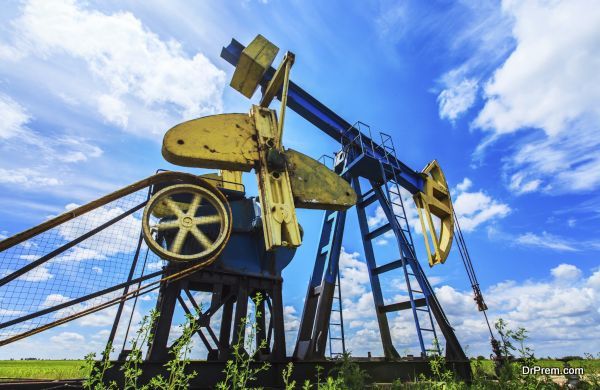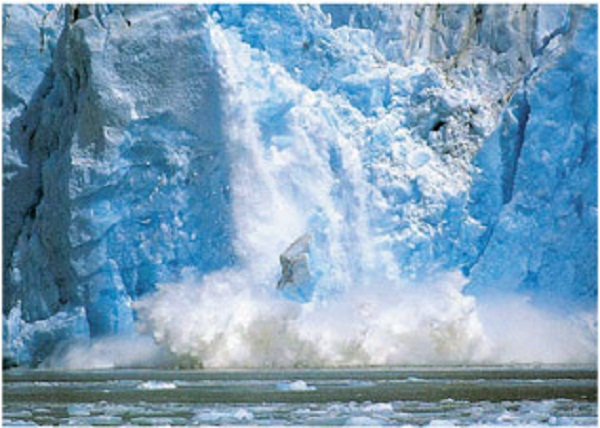Oil and gas industry is rapidly expanding to fulfill ever-growing oil and gas demands of people worldwide. There was a time when this industry could not develop because of the inaccessible sites but technological advancement in the last decade has made this sector extremely successful.
How exactly hydraulic fracturing works
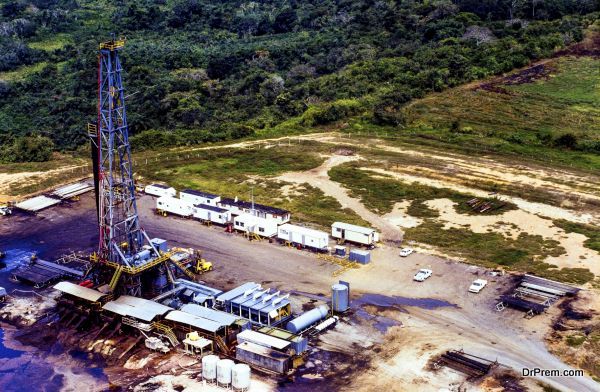
Hydraulic Fracturing or Hydrofracking is a technique of oil and gas extraction, which allows us access to fossil energy deposits even in the farthest and the most inaccessible seeming places. A process wherein vertical well bores are drilled thousands of feet underground that passes through sediment layers, shale rock formations, water table, and finally reaches oil and gas.
After drilling, comes the fracturing part, for which the drilling is angled horizontally and a cement casing is installed that serves as a channel for fracking fluid, massive amount of water, and some chemicals that help fracturing the shale and rock. Sometimes the rock bed is so solid that small explosives are used to open them up a bit so that the fracking fluids can reach the bottom well and allow a better and an effective oil and gas extraction.
How hydraulic fracturing affects the environment
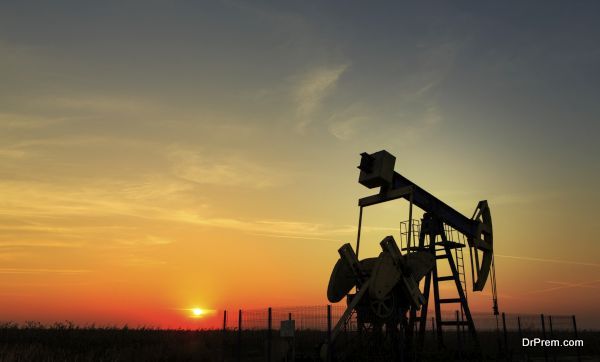
Hydraulic fracturing is one phenomena that keeps coming into light for two reasons, first for its oil and gas extraction, and secondly for its harmful impact on the environment. Following are the major problems this procedure creates for the environment around:
Air Pollution

Drilling procedure releases a number of air contaminants such as benzene, xylene, toluene, ground level ozone, nitrogen oxide, smog, formaldehyde, carbon monoxide, and some metals, which is a serious threat to the air quality. Transportation of materials and disposal of waste causes further air pollution. Exposure to such poor air quality causes many diseases in human beings, infections and lethal diseases like cancer, organ damages, birth defects, and neurotic disorders.
Earthquakes
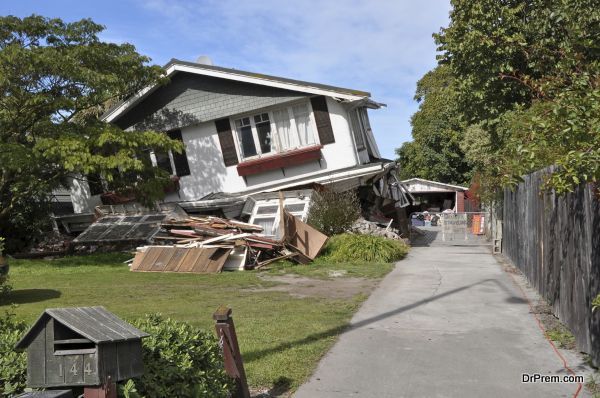
According to some researchers and scientists, deep drilling and fracking has a lot to do with earthquakes. They believe that fracking by injecting massive amounts of water and chemicals beneath earth cause seismic events. The earthquakes that have taken place owing to hydraulic fracturing have been of small magnitude though.
Water Consumption
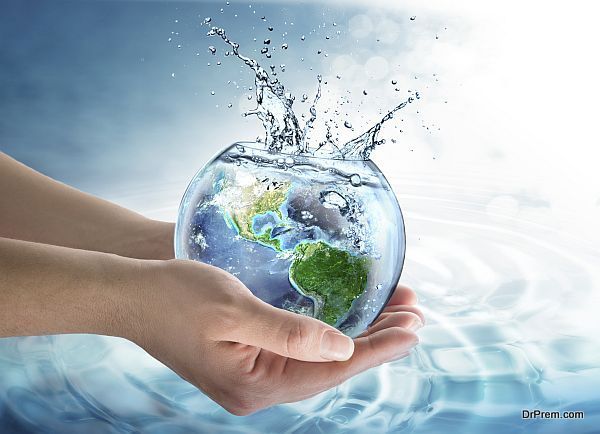
Hydraulic fracturing per well consumes approx 1.2 to 3.5 million US gallons of water, and the large projects consume up to 5 million gallons of water. Refracturing of wells requires additional water, and in its lifetime, a particular well consumes 3 to 8 million gallons of water. Such massive water consumption has raised concerns especially in the regions where water resources are scarce. Recycled water should be used and some other alternative should be thought of that can replace water consumption.
Climate Change

To go by some research works, the shale gas is even worse than some other gases for the climate, as it is responsible of global warming. Methane leaks into the atmosphere while the process of hydraulic fracturing, and as we all know that methane is a potent greenhouse gas that contributes a lot to the global warming. Even a small leak can cause potent damage to the climate by increasing warmth.
Water contamination
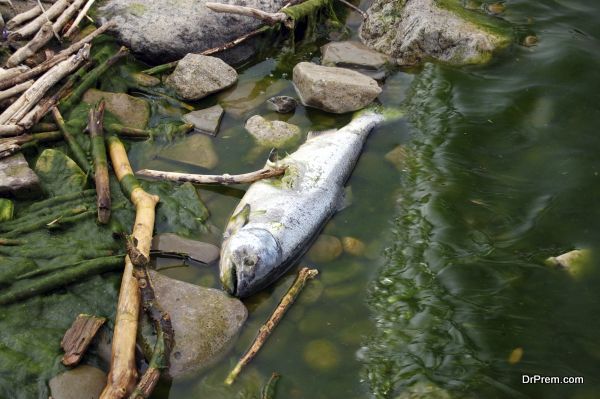
The fracturing fluids include many chemicals, out of which some are harmless and some are carcinogenic. Besides the chemical fluids, the fracking process produces many other gases and radioactive materials that flow into the fissures created by drilling. Some of the fissures lead to the groundwater and those chemicals contaminate it, making it unfit for consumption.
Hydraulic fracturing is an efficient way of oil and gas extraction but it also has its fair share of environmental disadvantages.


